#a happy death
Text
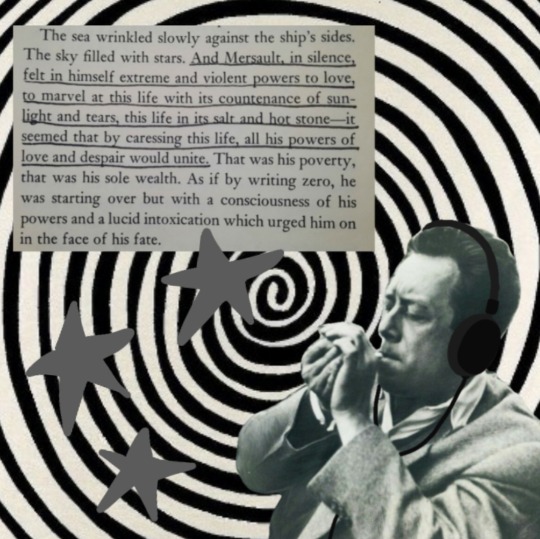
"and mersault, in silence, felt in himself extreme and violent powers to love, to marvel at this life with its countenance of sunlight and tears, this life in its salt and hot stone- it seemed that by caressing this life, all his powers of love and despair would unite."
albert camus, a happy death, 1972
84 notes
·
View notes
Text
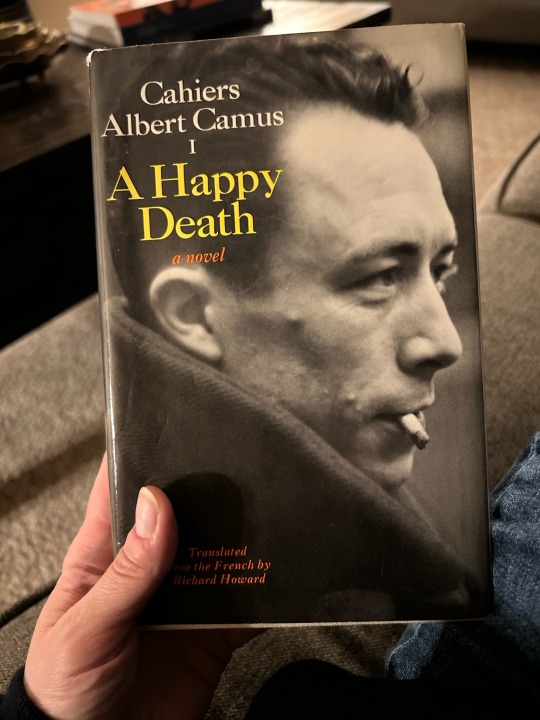
30 notes
·
View notes
Text
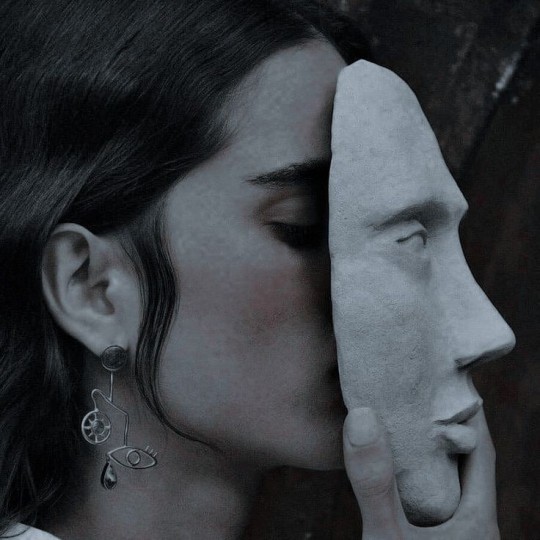

“Isolation isn't safety, it is death. If no one knows you're alive, you aren't.”
Neil Hilborn, This Is Not the End of the World
#this is not the end#neil hilborn#isolation#lyrics#lyric quotes#a happy death#dead or alive#being alive#dead poets society#kill your darlings#dark academism#dark academia aesthetic#dark academia#fragments of my mind#poetry fragments#classic literature#english literature#literature#poetry#aesthetic#poem#life quotes#writing#quotes#real life#to be alive#to be alone#writers and poets#poetic#poets corner
66 notes
·
View notes
Text
The Five Stages of Reading Albert Camus
1. The Discovery – ”The Stranger” (1942)
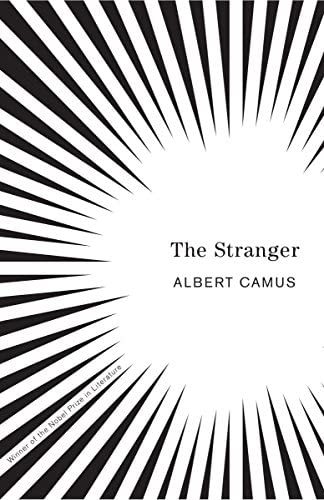
„The Stranger” is unquestionably the best choice for anyone who wants to get to know Albert Camus. It's so simple that it fools you at first. You think it's going to be an easy read, but when you finish the book and put it down, you don't even know your name or if it even matters to have a name. It will probably keep your mind busy for months and make you think about the true meaning of life. You will most likely never be the same person again.
2. Falling in Love – ”Betwixt and Between” (1937) // ”The Fall” (1956) // ”Exile and the Kingdom” (1957)
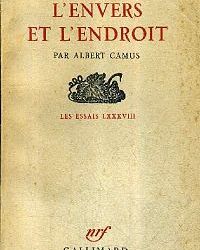
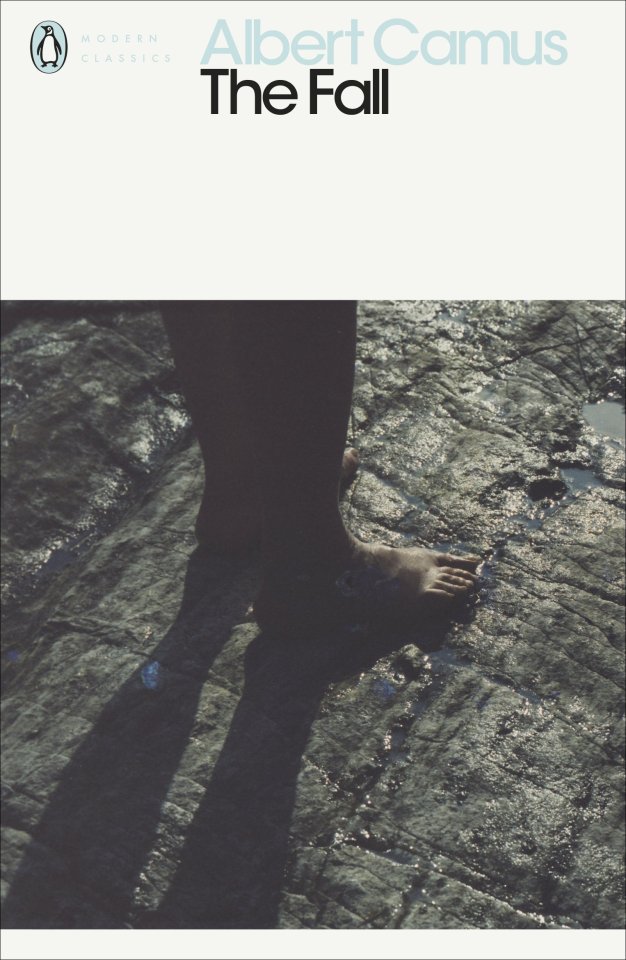
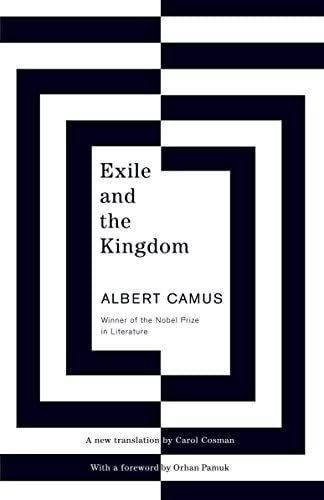
After "The Stranger" has had time to settle and stick in your mind (a process that takes about six months to a year), it's time to explore other writing. Camus doesn't use the same language in every book, so it's important to be careful what you choose to read after. The best options to fall irrevocably in love with this French philosopher are ”Betwixt and Between”, which is his very first published book, ”The Fall”, which offers a very interesting narrative perspective, or ”Exile and the Kingdom”, his only collection of short stories. After going through these, your heart will be caught in the nets of love for Camus.
3. The Surprise – ”The Plague” (1947) // ”A Happy Death” (written 1936–38, published 1971) // ”Summer” (1954) // ”Nuptials” (1938)

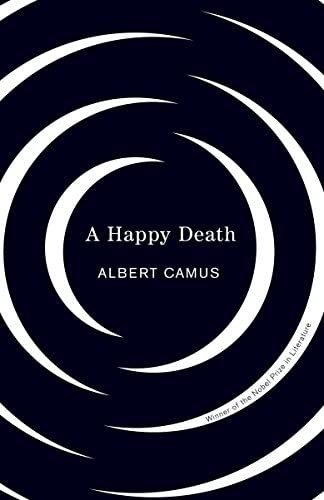

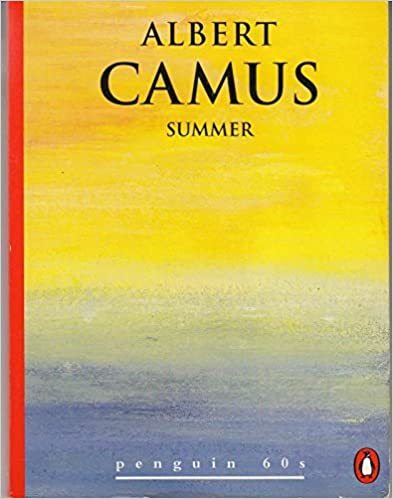
After the reader has gone through the above books, he will have the impression that he knows Camus. Now is the time for him to have the surprise of his life. Camus managed the feat of not giving the audience the same thing twice. That is why each of his writings is unique. Some are easier to read and digest, some are not. At this stage, it is time to get acquainted with its more difficult side. "The Plague" is a story that shakes you to the core and is difficult for even the best readers to get through. ”The Happy Death” should never have seen the light of day, being the first version of what we now know as The Stranger. "Summer" and "Nuptials" are dubbed essays and are similar in format to ”Betwixt and Between”, but here Camus approaches a completely new language, so poetic and refined that it instantly wins you over. Only after the reader goes through these books can he say that he understands a part of Camus.
4. Not just a writer – ”The Myth of Sisyphus” (1942) // „The Rebel” (1951) // Theatre Plays // Journalism Articles
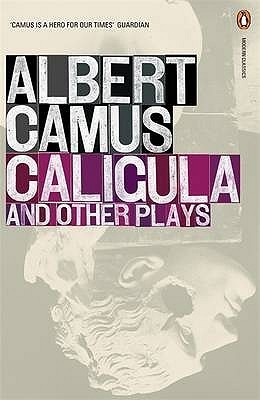
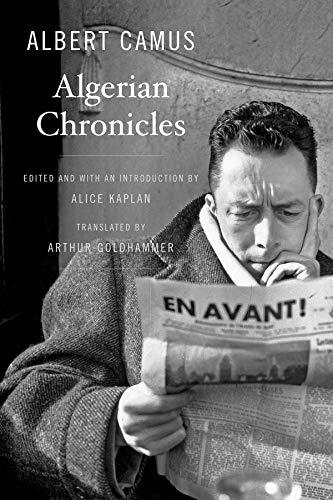
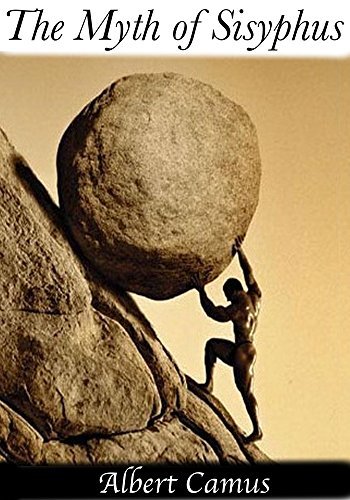
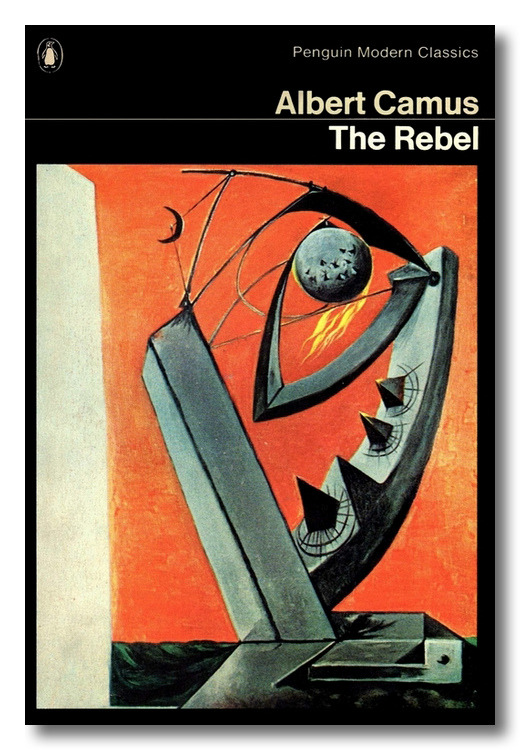
Camus was not only a great French writer. He was also a philosopher (though he never called himself that), a journalist and a playwright. If you are interested in fully understanding Camus, you must also understand his writings in other fields. "The Myth of Sisyphus" is the essay that formed the basis of the formation of a new philosophical current called absurdism. "The Rebel" continues the work started by "The Myth of Sisyphus", going much deeper into the issues related to the meaning of life, art, war, etc. Plays like "Caligula" (1938) or "The Misunderstanding" (1944) are wonderful pieces of art in the history of the theater, while summing up the entire philosophy of Camus. His journalistic articles reveal a Camus involved in society, trying to change something in one way or another through writing. "Reflections on the Guillotine" (1957) for example was an important work that contributed to the abolition of the death penalty in France. Camus never confined his writing to a single specialization, and this can be seen in the skill with which he explored the power of the word in its various forms.
5. Camus the Human – ”The First Man” (incomplete, published 1994) // ”American Journals” (1978) // ”Correspondence (1944–1959)” // ”Notebooks”
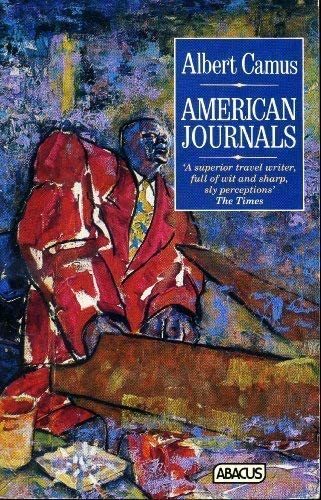
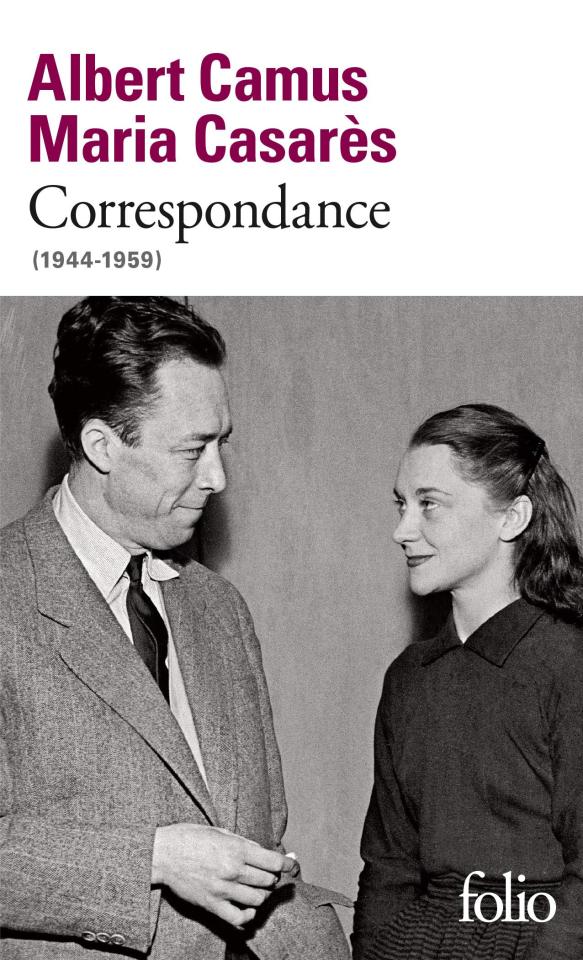
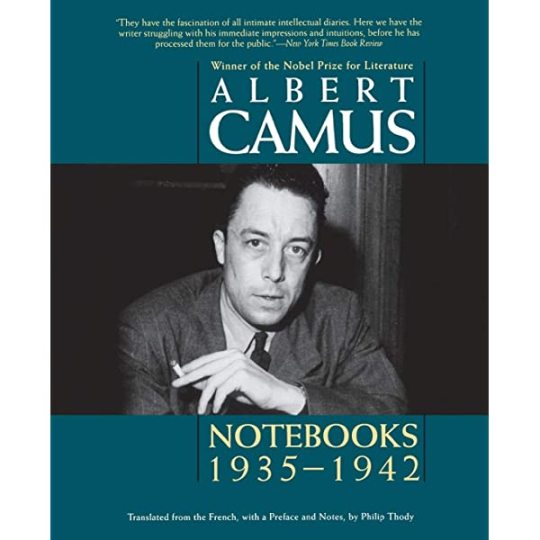

At this point, after going through all these readings, we also want to find out who was the man behind the word. Camus put many things from his personal life into writing, but in this selection we have the most personal point of view. ”The First Man” was supposed to be an autobiographical novel, but Camus died before he could finish it. The remaining manuscript was revised and published years after the author's death. "American Journals" captures a highly sensitive moment in his life, an existential crisis in Camus's life. ”Correspondence” is an exchange of letters between Camus and the woman with probably the greatest influence in his life, Maria Casares. Finally, the "Notebooks" are a collection made from the notes that Camus wrote over the years in his countless notebooks. Every intimate thought, beginning of a novel, reflection, trace of feeling, all these complete the image of Camus as a man.
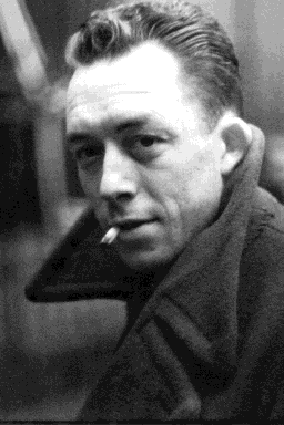
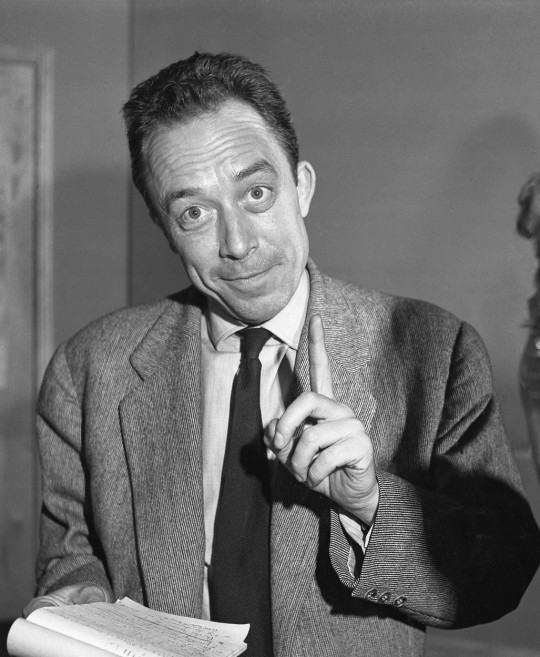
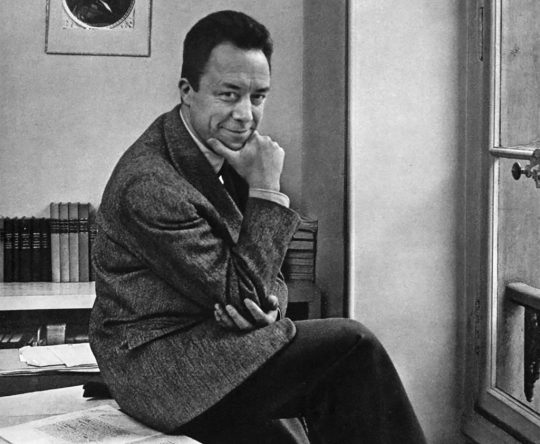
Congratulations! If you have reached this point, you have managed to go through all the stages of knowledge and you can call yourself a true fan of Albert Camus. Now go and spread his teachings to other little outstiders. And don't forget, the only purpose of life is to be happy (reading Camus together).
#albert camus#camus#camus quotes#classic literature#literature#french literature#albert#the stranger#the plague#the fall#exile and the kingdom#20th century#20th century literature#classic authors#a happy death#the first man#betwixt and between#nuptials#summer#the myth of sisyphus#the rebel#philosophy#philosopher#20th century philosophy#absurdism#absurd#existentialism#the theory of the absurd#notebooks#american journals
340 notes
·
View notes
Text

63 notes
·
View notes
Text
Between the desolate earth and the colorless sky appeared an image of the ungrateful world in which, for the first time, he came to himself at last. On this earth, restored to the despair of innocence, a traveler lost in a primitive world, he regained contact, and with his fist pressed to his chest, his face flattened against the glass, he calculated his hunger for himself and for the certainty of the splendors dormant within him. He wanted to crush himself into that mud, to re-enter the earth by immersing himself in that clay, to stand on that limitless plain covered with dirt, stretching his arms to the sooty sponge of the sky, as though confronting the superb and despairing symbol of life itself, to affirm his solidarity with the world at its worst, to declare himself life's accomplice even in its thanklessness and its filth.
Albert Camus, A Happy Death (tr. Richard Howard, p. 75)
#albert camus#a happy death#camus a happy death#archived#long#short#<- last sentence#life fuel#perspective#redivivus#away away
41 notes
·
View notes
Text
“And yet, […] if I was strong enough, and patient enough… […] …I know what kind of life I’d have. I wouldn’t make an experiment out of my life: I would be the experiment of my life. Yes, I know what passion would fill me with all its power. Before, I was too young. I got in the way. Now I know that acting and loving and suffering is living, of course, but it’s living only in so far as you can be transparent and accept your fate, like the unique reflection of a rainbow of joys and passions which is the me for everyone.”
- Albert Camus, “A Happy Death”
25 notes
·
View notes
Text

what a beautiful and tonally consistent way to end a deeply introspective scene about the meaning of life and happiness
#is it like this in the french?#i need to know#like is it a translation thing or did camus actually intend for it to be like that#albert camus#a happy death#mersault#zagreus
20 notes
·
View notes
Text
When I look at my life and its secret colours, I feel like bursting into tears.
A Happy Death by Albert Camus
15 notes
·
View notes
Text

"But before losing consciousness, he had time to see the night turn pale behind the curtains and to hear, with the dawn and the world's awakening, a kind of tremendous chord of tenderness and hope which without doubt dissolved his fear of death, though at the same time it assured him he would find a reason for dying in what had been his whole reason for living."
Albert Camus, A Happy Death
[x]
#albert camus#camus#absurd#absurdism#camus book cover#a happy death#consciousness#night#world#awakening#tenderness#hope#fear#death#reason for dying#reason for living
16 notes
·
View notes
Text



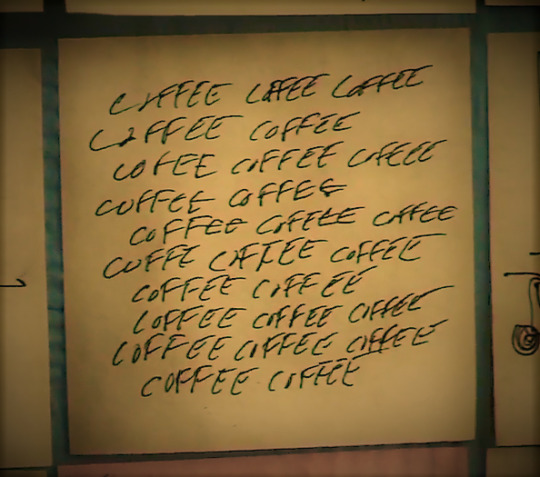



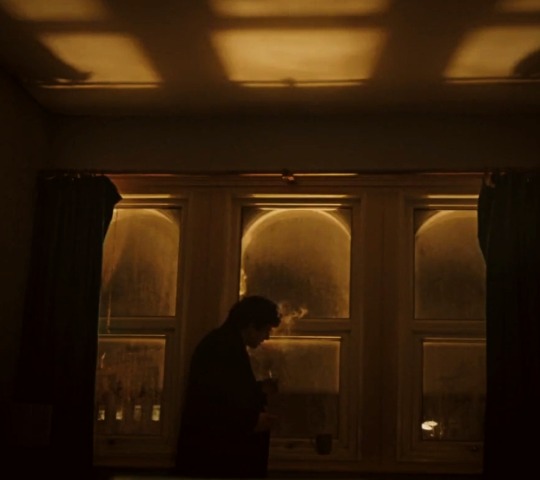
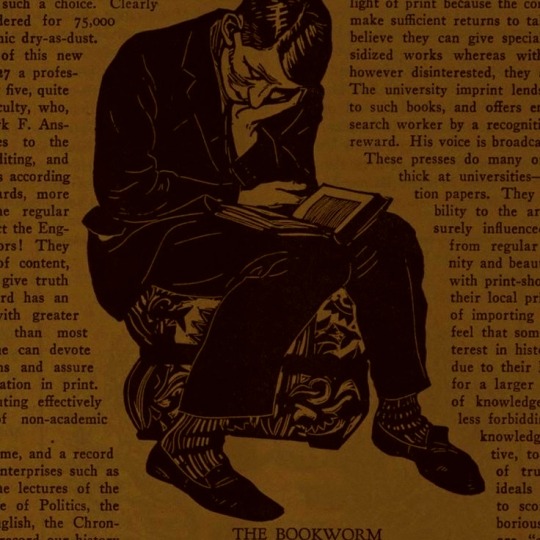




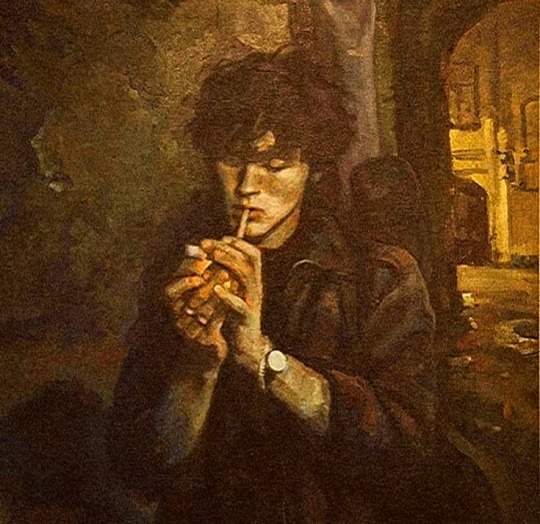



William Morrison Moodboard I
#camus references in this movie <33#aneurin barnard#dead in a week or your money back#William Morrison#albert camus#a happy death#literature#philosophy#moodboard#dark academia#aesthetics#MYPOSTS
15 notes
·
View notes
Text

A Happy Death by Albert Camus
39 notes
·
View notes
Audio
30 notes
·
View notes
Text
“When I look at my life and its secret colours, I feel like bursting into tears.”
-A Happy Death, Albert Camus
10 notes
·
View notes
Text

71 notes
·
View notes
Text
It takes time to live. Like any work of art, life needs to be thought about.
Albert Camus, A Happy Death (tr. Richard Howard, p. 74)
26 notes
·
View notes